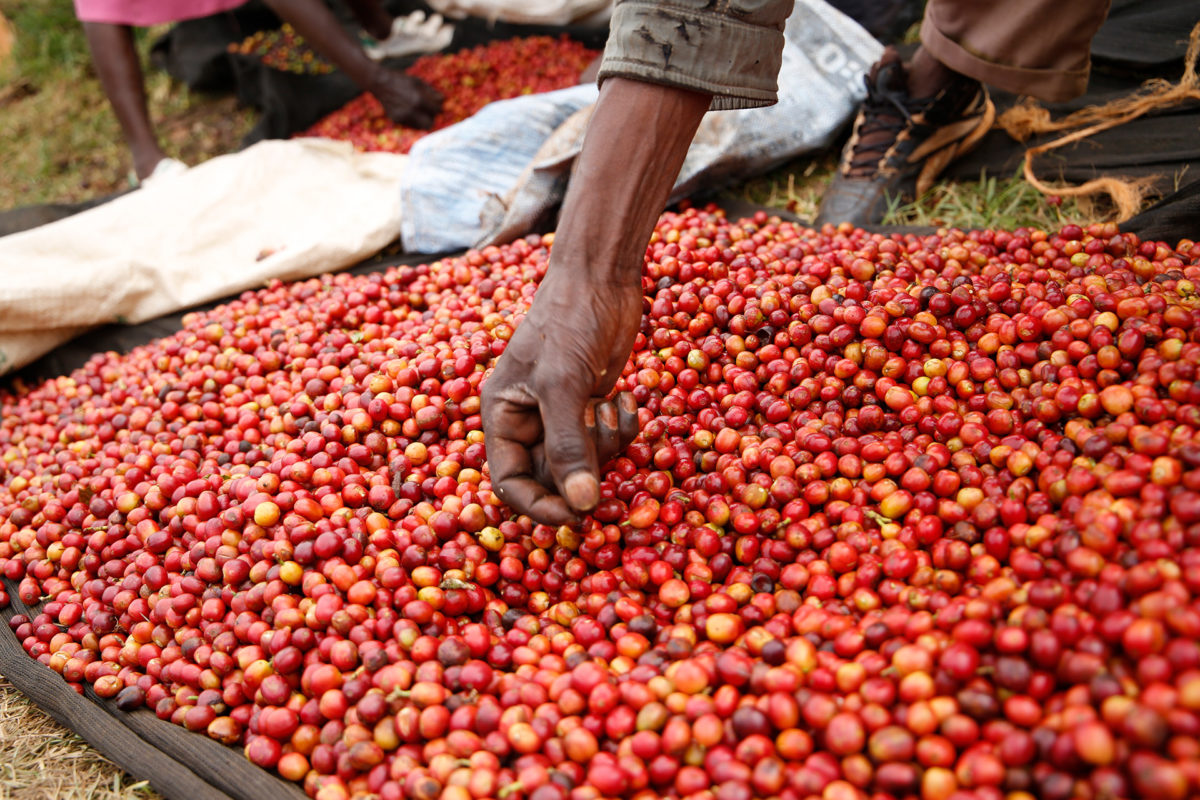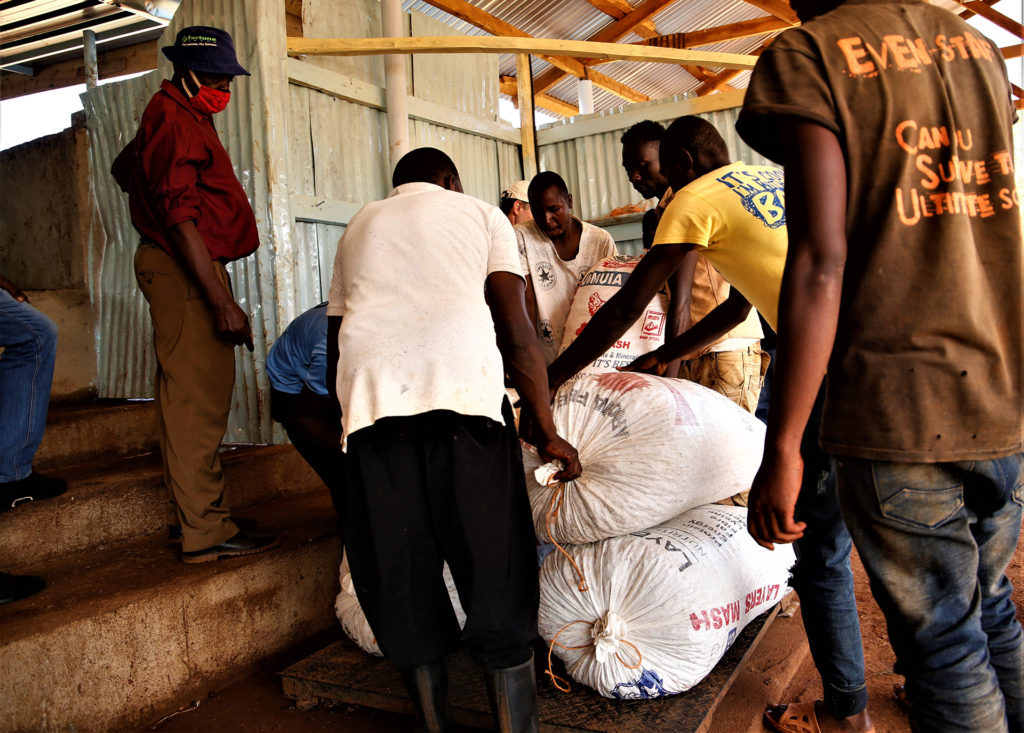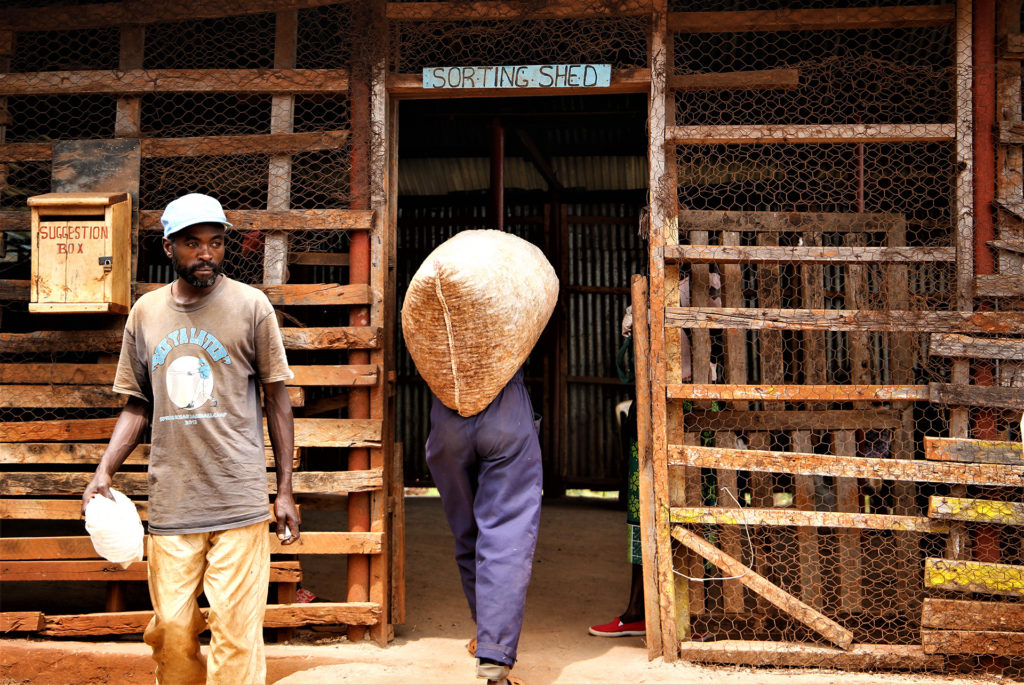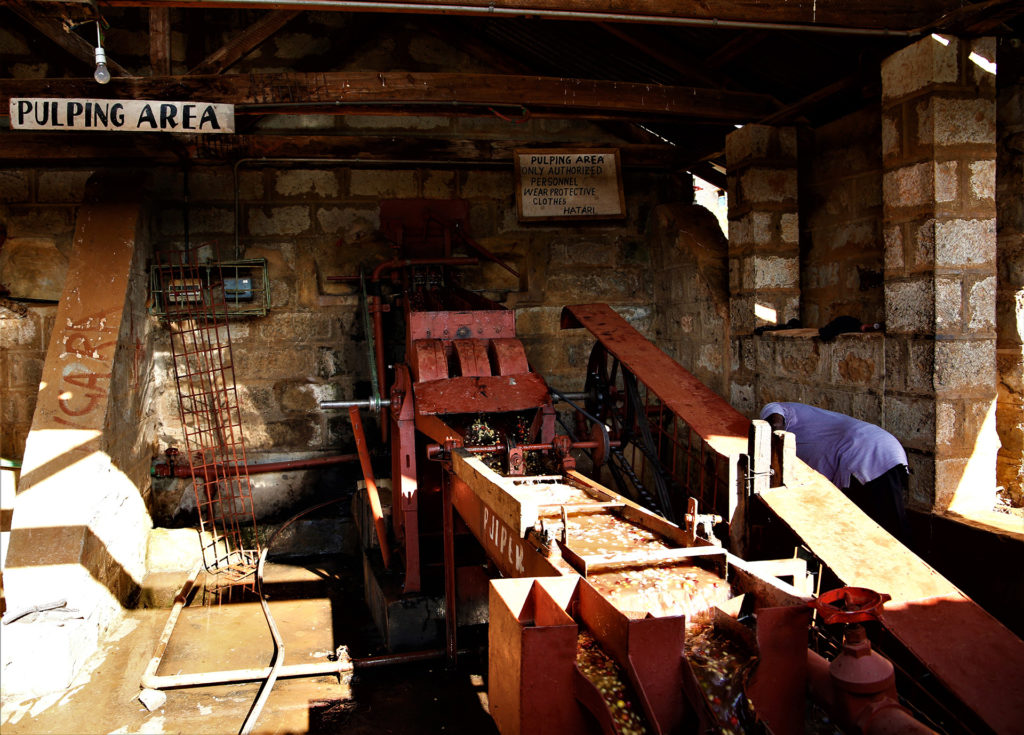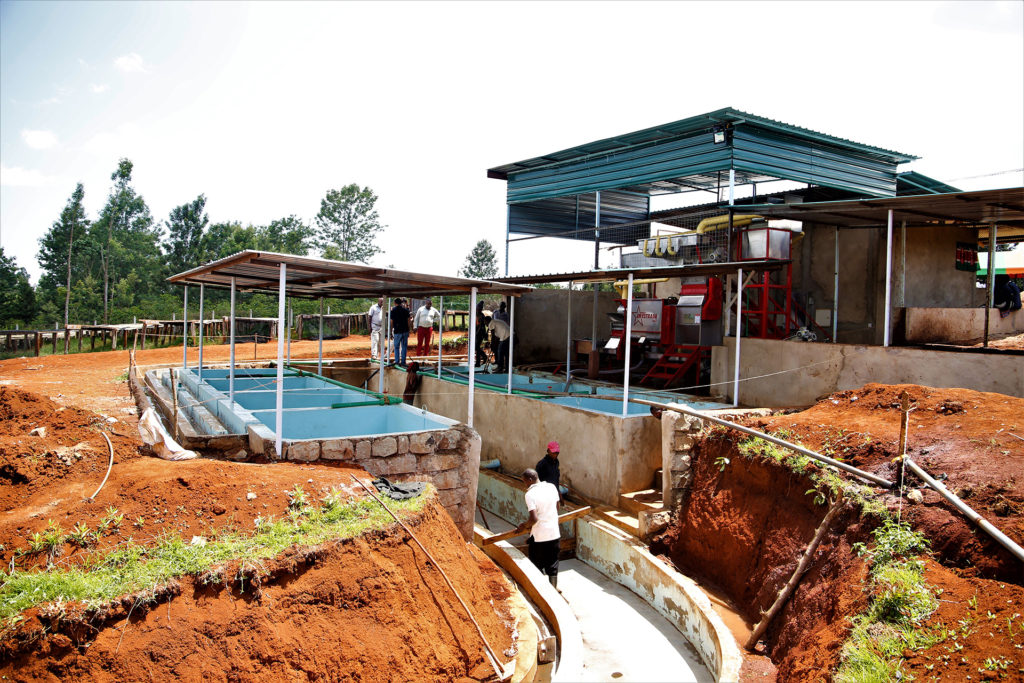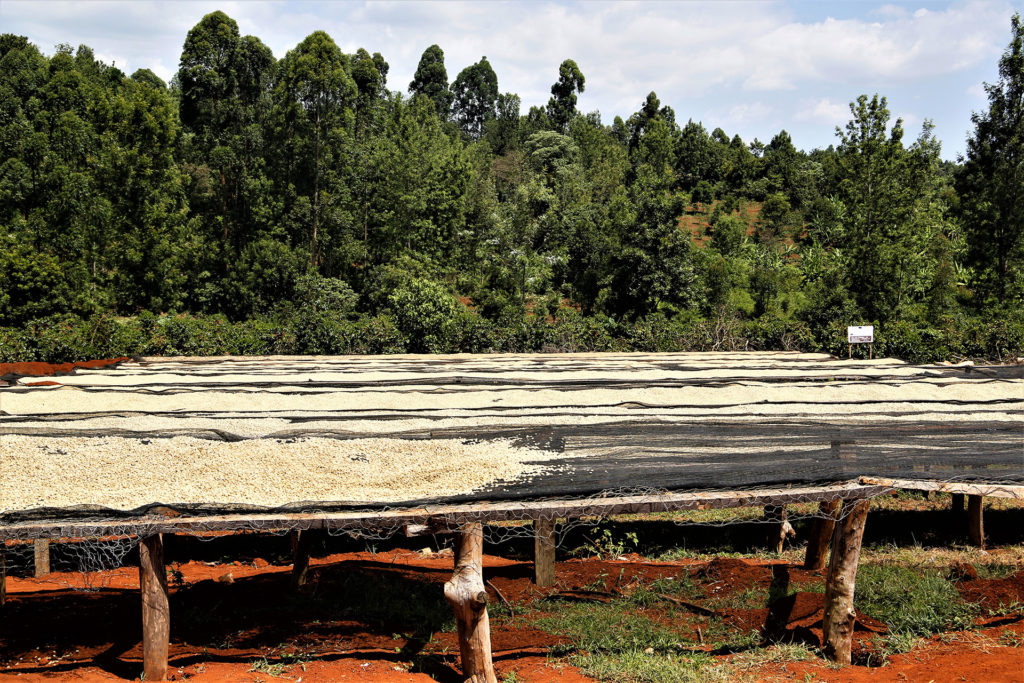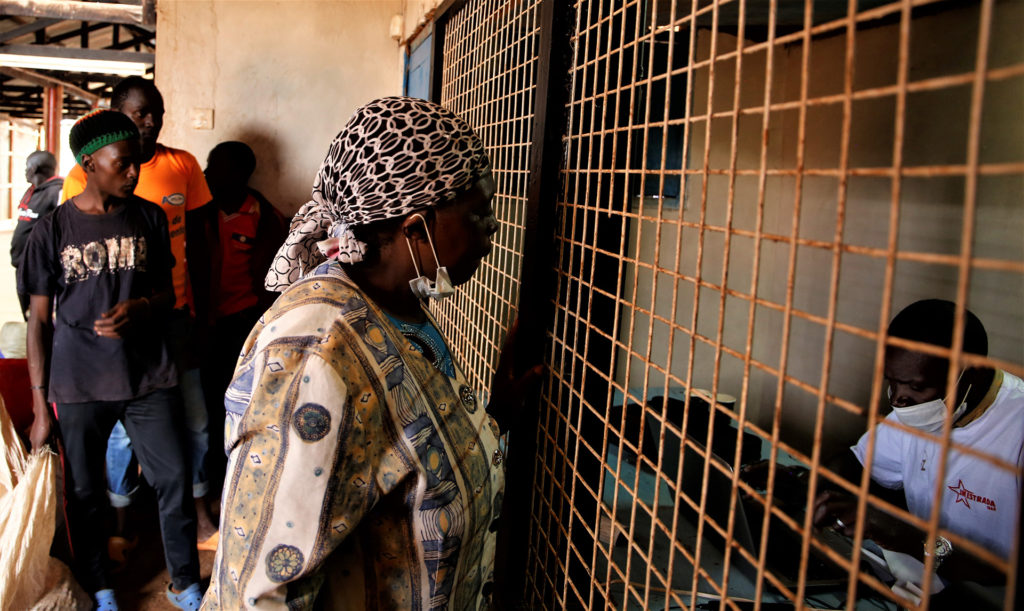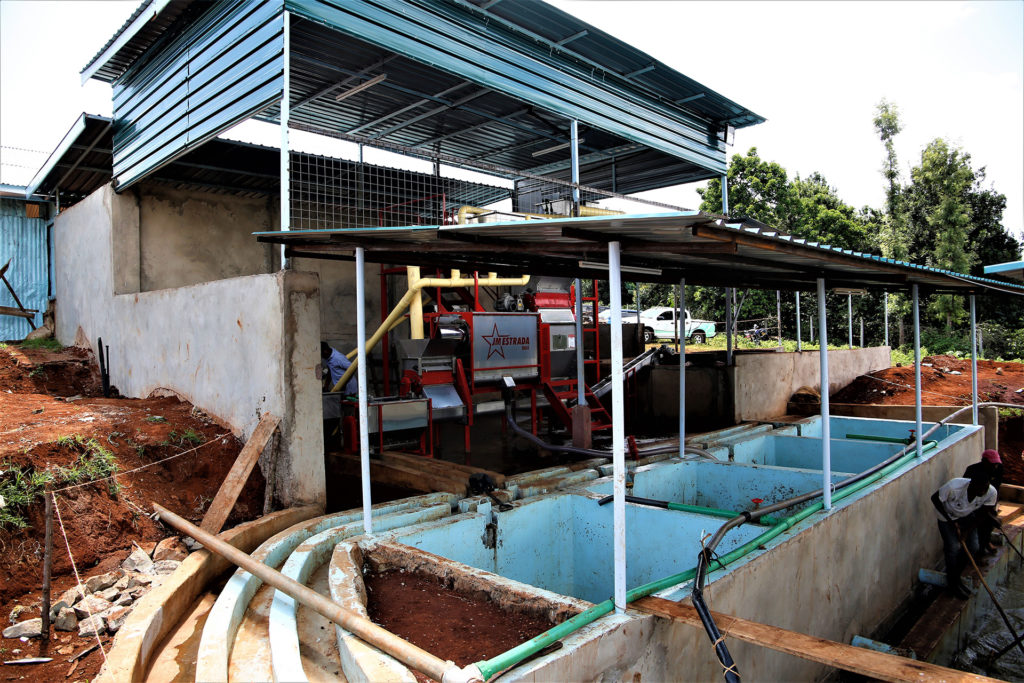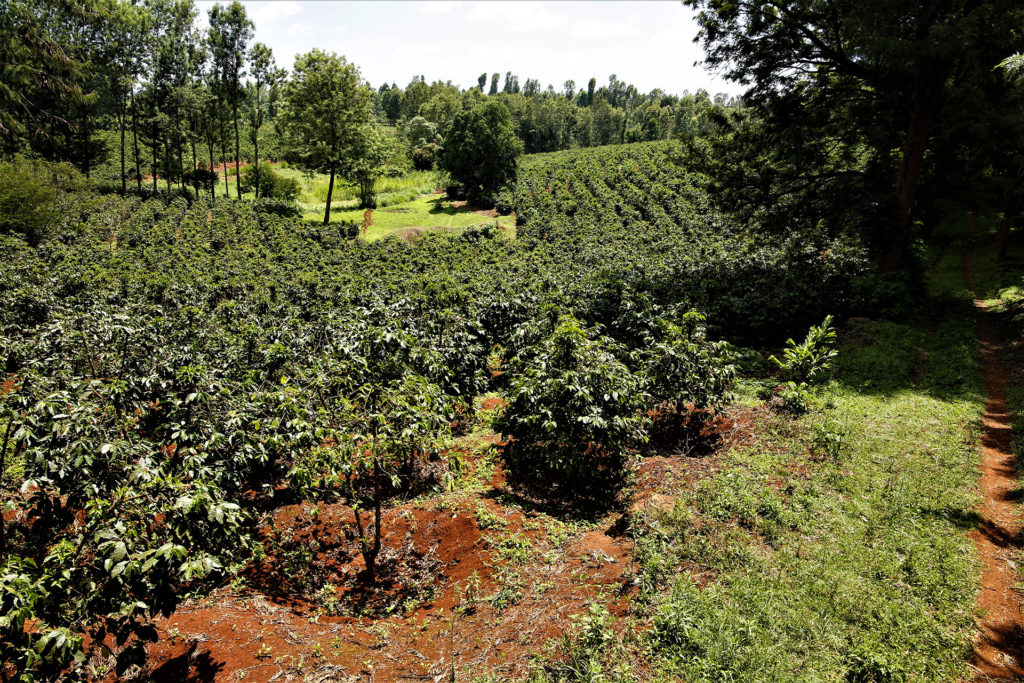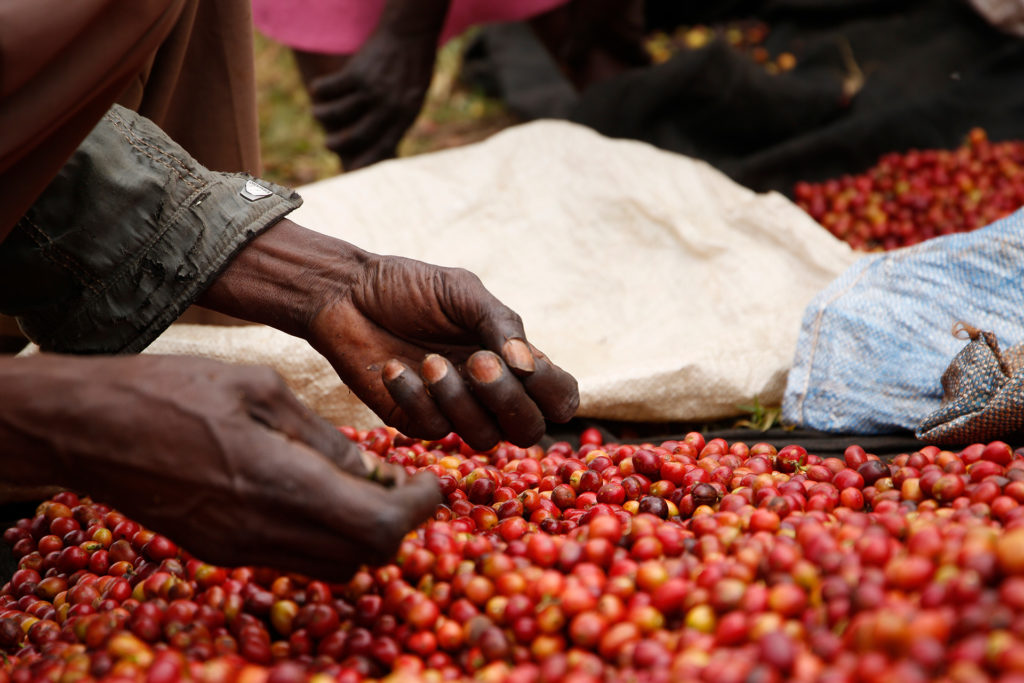It’s not a controversial statement to say Ethiopian coffee is popular.
In addition to being the genetic point of origin for the coffee plant, the biggest producer of coffee in Africa and the fifth largest in the world, Ethiopia boasts some of the most revered flavors and experiences among coffee connoisseurs across the globe. Sub-regions like Limu, for instance, have become renowned for producing Arabica coffee with a spicy, wine-like complexity. From its hilly origins in the remotes of South Western Ethiopia, it is highly sought by many roasters in Europe and the United States.
As with all coffee in the world, there are real people responsible for the successful cultivation of Limu. Among the producers of Limu coffee in the Oromia region is the Limu Inara Multipurpose Cooperative Society, which boasts 95 primary cooperatives and a membership of 34,687 farmers across the Oromia Coffee Farmers’ Cooperative Union. In 2021/2022, Ethiopia produced 496,200 metric tonnes of coffee, and estimated that the 2023/2024 the production will increase to 501,100 metric tonnes. In 2021, Ethiopia exported a total of $1.16 billion of coffee; Germany alone accounted for 75.6 million dollars worth of it.
But that export model is now threatened. With a European Union deforestation law set to be implemented in December this year, coffee exports especially from places like Ethiopia will be greatly impacted. In response, Ethiopian smallholder coffee farmers are betting on technology including blockchain, geospatial AI, GPS, and satellite imagery to comply in order not to lose out on the European Union market.

According to the European Coffee Federation, the European Union imports 3 million tonnes of coffee annually. In 2019 for instance, countries with the most exports of coffee to the EU were Brazil, Vietnam, Honduras, Colombia, Uganda, India, Peru, and Ethiopia in order of quantity. That year, Ethiopia exported 83,722 tonnes of coffee to the EU.
When the European Council gave its final go-ahead for the implementation of the regulation in May last year, it stated that “the regulation sets mandatory due diligence rules for all operators and traders who place, make available or export palm oil, cattle, wood, coffee, cocoa, rubber, and soy from the EU market.”
Before this, developing countries responsible for exporting many of the commodities covered in the regulation wrote a letter in protest. Envoys to the European Union from Argentina, Brazil, Colombia, Ghana, Guatemala, Nigeria, Indonesia, Ivory Coast, Peru, Honduras, Paraguay, Malaysia, Bolivia, and Ecuador signed the joint letter.
In the letter, the envoys termed the law as flawed and called for cooperative means to combat deforestation instead of the law. “The country assessment criteria and benchmarking system are inherently discriminatory and punitive. Its most likely effect will be to generate trade distortion and diplomatic tensions, without benefits to the environment,” the letter read. With little amendment, however, the council ratified the law hence the December deadline.
The regulation requires of companies wishing to export the commodities to the EU to undertake due diligence on the production of the commodities. The law suggests that the company ought to gather geographic information on the plot of land the commodities were sourced from, assess the risk of non-compliance to the EU deforestation-free regulation, and mitigate risks to negligible levels. This disrupts the norm and introduces a new way in how companies buy coffee from Ethiopia and other countries. While much is needed from these companies, the burden also falls on the farmers who need to comply to remain competitive.

Technology will however be integral in achieving compliance to the regulation. Many companies and organizations have fronted different solutions including blockchain-led solutions, geospatial AI, and satellite imagery among others.
In Ethiopia, Limu Inara is looking at blockchain technology, provided by Dimitra, an American Agri-tech company, as a route to compliance. When the cooperative signed an agreement with Dimitra, the cooperative union’s General Manager, Miftahu Jemal said that he was thrilled about the partnership and of the prospects of “increasing crop yields, simplifying technology adoption, better education for increasing yield and product quality.”
Dimitra’s offering includes five platforms across the Dimitra Connected Coffee Platform & Deforestation Compliance Module, all blockchain-based. Victor Femi-Fred, Dimitra’s Director of Sales in Sub-Saharan Africa said that the impact of the EU’s deforestation law on coffee exports from Ethiopia is a reality. With the technology, they hope to enable farmers to modernize and digitize various agricultural processes. Through blockchain-based technology, they will enable them to assess deforestation and ensure compliance. “The platforms avail the farmers’ traceability and immutable data regarding the farming practices in line with global best practices that will ultimately add significant value to the coffee produced by Ethiopian farmers,” he said.
In the partnership, Dimitra will train some of the members of the cooperative society and they in turn will train others. Ultimately, the over 50,000 members of the cooperative society will be trained after a few months in the hope that the same will be done in time for the regulation to take effect.
According to Dimitra, their Connected Farmer platform is targeted at supporting small farmers to record their farming activities, create and receive detailed dashboard reports, and receive recommendations that will allow them to make informed decisions that directly impact their profitability and standard of living. The platform, it states on its website, “integrates a series of advanced technologies including artificial intelligence, blockchain, satellite, drones, IoT sensors that provide farmers with actionable data that fundamentally improve their operations across several financial and sustainability metrics.”
With information from this platform, Fred believes that farmers in Ethiopia will be compliant with the EU regulation. “This practice will further go a long way in safeguarding their market access within the European Union, while also ensuring open doors to opportunities of reaching new markets that prioritizes sustainability for their products,” he said.
The project is however yet to start. Tesfaye Haliyu, who works with Dimitra in Ethiopia said that they are in the planning stages to train trainers of the farmers before they roll out the blockchain-based platforms.
Since the regulation was passed in the EU, many companies have positioned themselves to provide the technology to comply with it. Besides Dimitra and other companies, non-profit organizations are partnering with farmers for compliance. Technoserve, an NGO, announced in November last year that it was working to build a free, open-source Android application that will allow users to easily capture and share geotagged farm-level sourcing data with engineers from the European Union Agency for the Space Programme (EUSPA).
Unlike Limu Inara, other cooperatives’ unions in Ethiopia are looking at alternative avenues to pursuing compliance away from Dimitra’s offering as they inch closer to the deadline. Dejene Dadi the General Manager of Oromia Coffee Farmers’ Cooperative Union said that he has heard of Dimitra and other for-profit companies like Inventa but as a Union, they were not convinced. “I don’t know what their end-game is,” he said.
On its own, the Oromia Coffee Farmers’ Cooperative Union has completed a traceability pilot program that involved 5,000 farmers. “We equipped the farmers with GPS units and shared the data with some of our European Union clients. They are confident with our project and happy with the result,” said Dadi. This is because the regulation clarifies that GPS coordinates be provided for plots less than four hectares. Bigger plots require polygons.
The Union exports between 3,000 to 7,000 tonnes to the EU every year. Dadi, who is also the Vice Chairman of the Fairtrade Audit Risk Committee in East Africa, is worried because the union isn’t able to equip all the farmers with the technology to enable traceability. They are working on proposals for the EU, GIZ, and the German Embassy in Ethiopia to support them in equipping the farmers for compliance.
The Union is confident that the 5,000 farmers they have equipped will be certified and found compliant with the EU deforestation law. Dadi hopes that come December the Union will have secured funding to pursue compliance for all their 500,000 farmers. “We have no option,” he said. “If we get support, we will ensure we comply but if we don’t get the support then we will have to maintain the farmers already supplying to the EU and then focus on other markets.”
The Oromia Coffee Farmers’ Cooperative Union exports 31% of its coffee to the European Union. But for how long?
Anthony Langat is a freelance journalist based in Kenya. Read more Anthony Langat for Sprudge.

